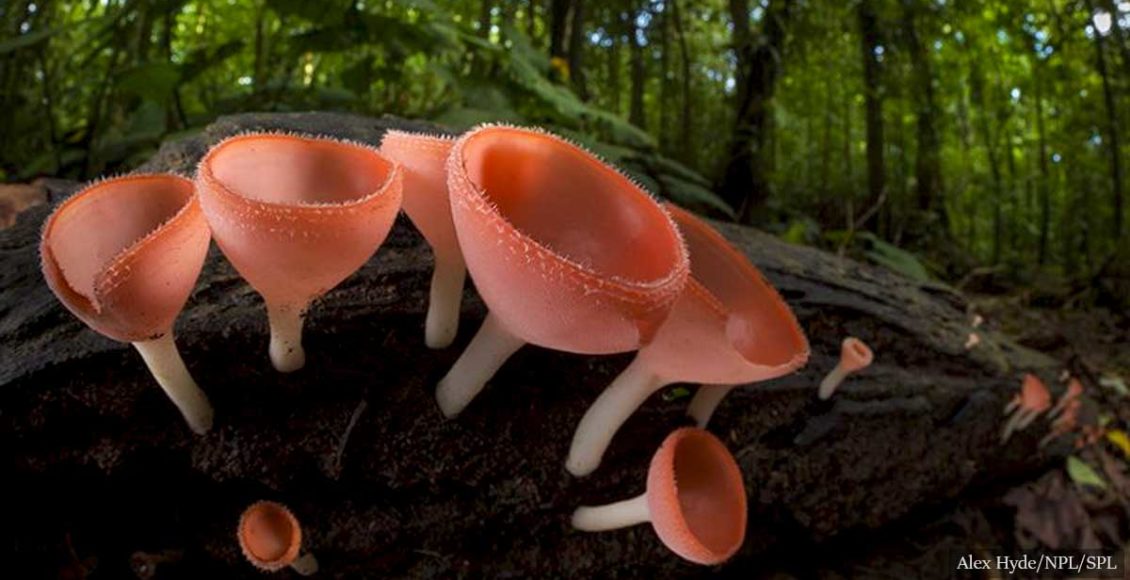One Billion Year Old Fungi Have Been Recently Discovered, Making Them The Earth’s Oldest

Scientists have freshly unearthed fungus fossils dating up to one billion years back.
The discovery could reshape our knowledge of how life on land evolved, the research showed on Wednesday.
Organisms such as mushrooms, mold, and yeast have been thought for decades to have appeared on our planet around 500 million years ago.
However, new fossil specimens discovered in Canada and analyzed using the latest carbon dating technology appear to push back fungi’s arrival to the earliest reaches of land life.
Corentin Lorn, a PhD student from the University of Liege in Belgium and his colleagues have examined the fossils to determine the chemical composition of their cells, and they found the presence of chitin – a fibrous substance that forms on fungal cell walls. After that, they examined the age of the rock the fungus fossils were found in by its ratio of radioactive elements.
They came to the conclusion that the microfossils were between 900 million and one billion years of age.
Tiny fossils could push back the first known appearance of fungi to more than 500 million years earlier than scientists had expected. https://t.co/hZA5v6XGLG
— Nature News & Comment (@NatureNews) May 22, 2019
The finding was significant because in the “tree of life”, fungi are part of the same group of organisms – known as Eurakyotes – as plants and animals, Loron said.
“This is reshaping our vision of the world because those groups are still present today. Therefore, this distant past, although very different from today, may have been much more ‘modern’ than we thought.”
Fungi remain one of the most abundant organisms on earth and are placed in third place as a global contributor to biomass after plants and bacteria.
Its weight is six times the mass of all animals and humans combined.
Was this article interesting to you? Share your thoughts with us in the comment section below.


